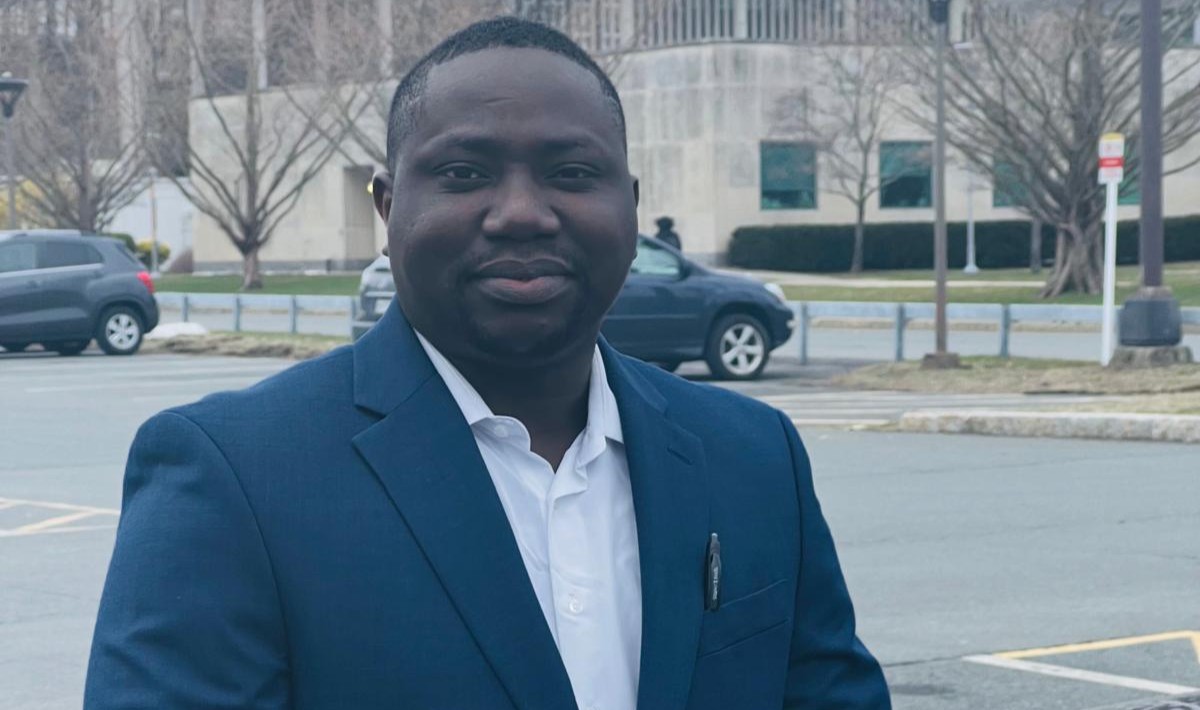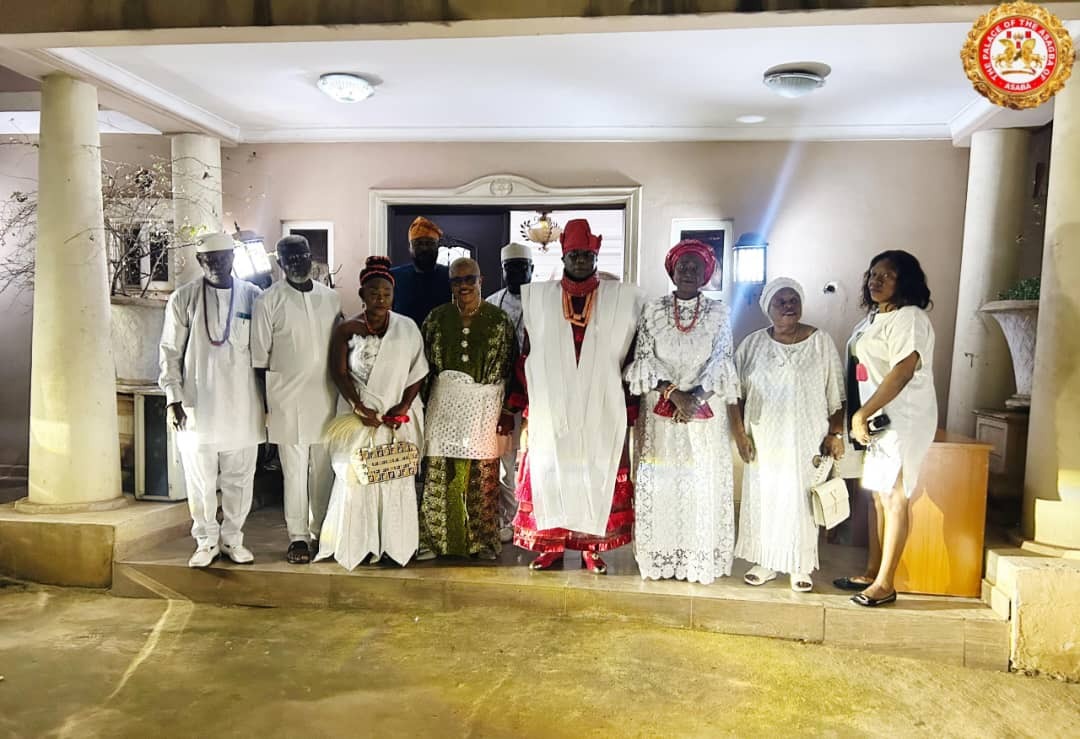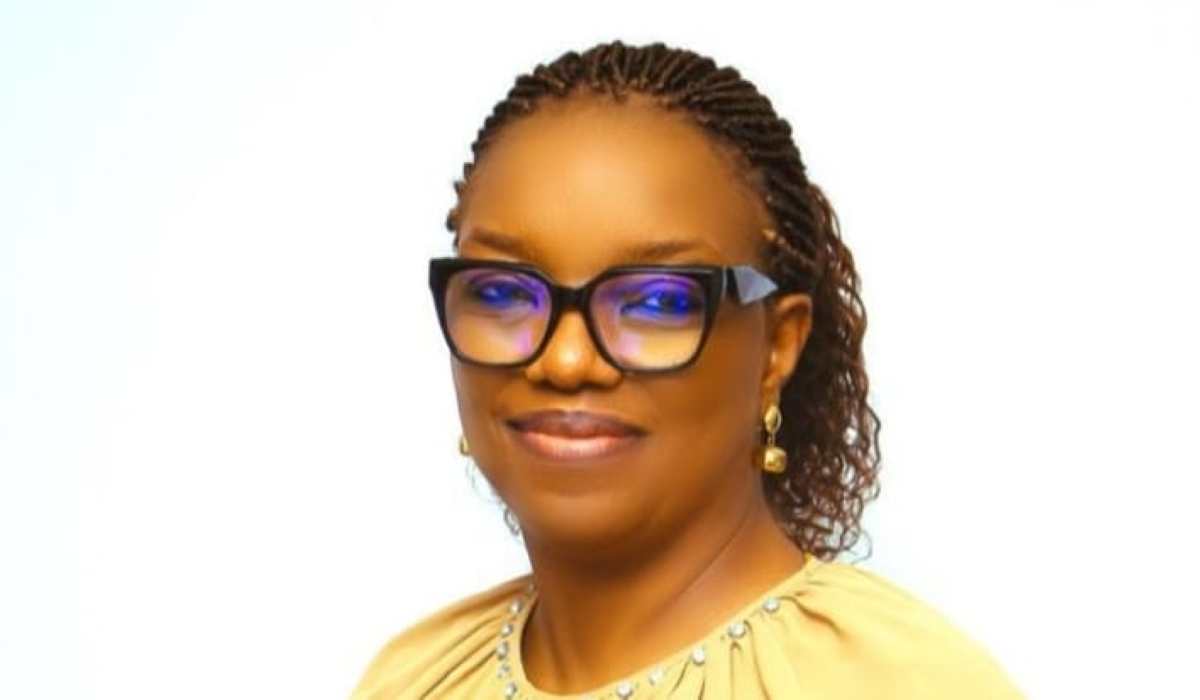By Racheal Olatayo
As the global spotlight increasingly focuses on improving health outcomes for children born with hearing differences, one expert is making waves on the international stage with his contributions.
At the recently concluded 2025 Early Hearing Detection and Intervention (EHDI) Conference in Pittsburgh, Pennsylvania, Isreal Ayobami Onifade captivated attendees with a powerful presentation on New York State’s strides in early hearing detection.
Held from March 9–12, the EHDI Conference brought together leading minds from across the United States and beyond to collaborate, share research, and advance public health initiatives focused on newborn hearing screening and intervention. Among these brilliant minds was Onifade, a molecular biology researcher and public health advocate whose work is rooted in translational science and real-world impact.
Onifade, a graduate researcher at the University at Albany, State University of New York, presented a detailed poster highlighting the efforts and progress of the New York State Early Hearing Detection and Intervention (NYS EHDI) program. His work emphasized the state’s strategies in ensuring that infants born with hearing differences receive timely diagnosis and early intervention services—key factors in their developmental outcomes.
Speaking to the importance of the conference, Onifade shared: “It was truly an amazing experience filled with valuable insights and engaging conversations. Being able to present our findings and interact with stakeholders who are equally passionate about improving outcomes for children was incredibly rewarding.”
His poster, which drew significant attention from both seasoned researchers and new attendees, explored how data-driven strategies, stakeholder collaboration, and public education have helped move the needle on early detection across New York. It also outlined some of the ongoing challenges, such as disparities in access to care, and proposed innovative solutions to bridge these gaps.
“I believe that collaboration among EHDI stakeholders is the key to achieving exceptional outcomes,” Onifade said. “When we enhance awareness, address barriers, and work together, we create more opportunities for every child to thrive—regardless of their hearing status.”
Onifade’s journey into research began in Nigeria, where he earned a B.Tech in Microbiology from the Federal University of Technology, Akure (FUTA). His undergraduate thesis explored the use of silver nanoparticles synthesized by Gram-negative bacteria to remediate crude oil-polluted soil—an early sign of his ability to merge science with pressing global challenges.
He continued to hone his expertise in the U.S., where his graduate work focused on molecular and developmental biology. At SUNY Albany, he studied the role of m6A RNA methylation in skeletal muscle regeneration, alongside coordinating undergraduate research and managing critical lab processes. His skill set includes cell culturing, western blotting, gene expression analysis, and bioinformatics—making him a versatile and highly sought-after contributor in the biomedical research community.
Beyond the lab, Onifade’s work with the NYS EHDI program showcases his commitment to health equity. His contributions are not only technical but also deeply human-centered, reflecting an understanding of how science can drive policy and real-world change. His supervisors and directors at the NYS EHDI office have praised his dedication, insight, and professionalism.
“I am incredibly grateful to my supervisor, directors, and the entire NYS EHDI staff,” he said. “Their unwavering support, guidance, and dedication made this presentation possible. Their work inspires me to keep pushing for excellence in our field.”
The EHDI 2025 conference also served as a powerful networking platform for Onifade. He engaged with other researchers, program managers, and clinicians, all committed to enhancing early hearing screening and intervention. These conversations, he noted, were some of the most valuable aspects of the conference.
Looking ahead, Onifade is focused on implementing the insights and connections he gained to strengthen New York’s EHDI efforts. He believes that the fusion of strong science, robust public health systems, and inclusive collaboration is the way forward.
His message to fellow researchers and policymakers? “Let’s keep the conversation going. Let’s invest in systems that serve every child equally and create futures where hearing differences are identified early, managed effectively, and met with comprehensive support.”






